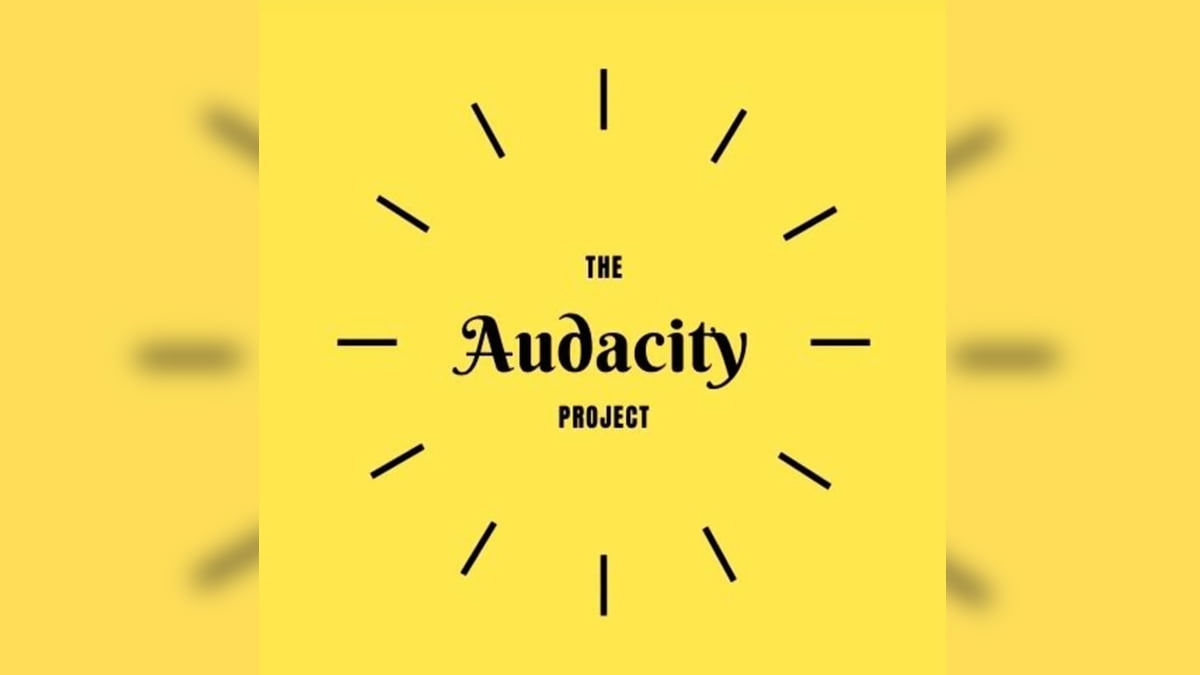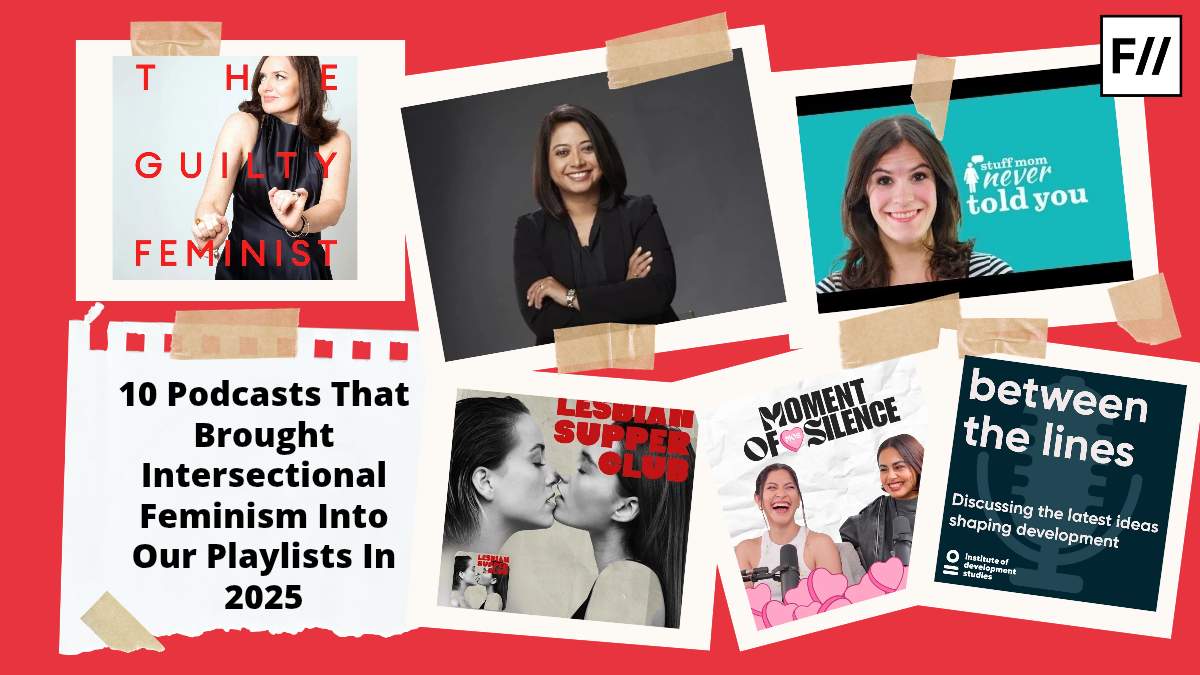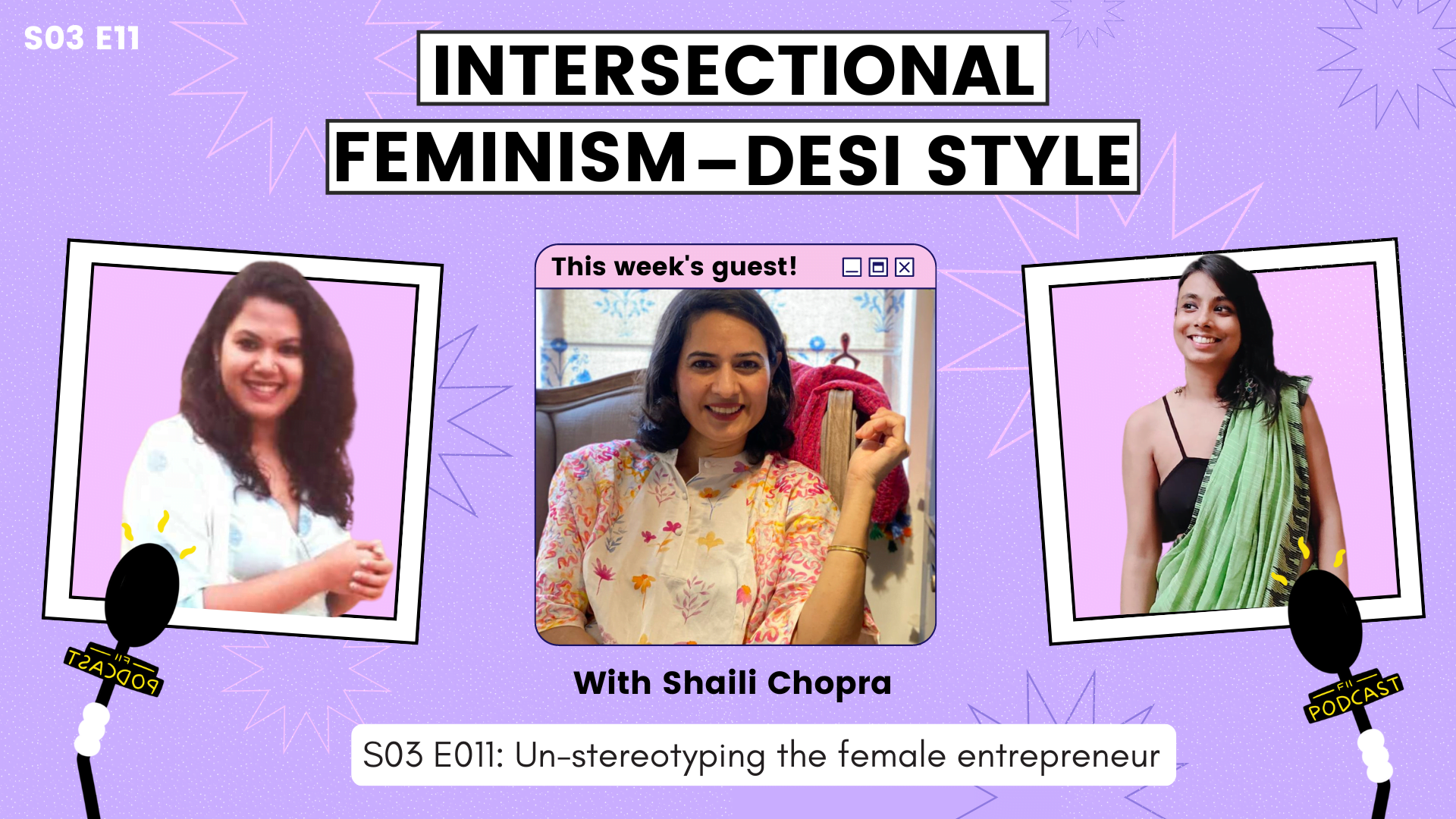Much of the Indian discourse around feminism revolves around the western concept of liberation and equality, so much so that it is perceived as a threat to Indian culture and tradition, instead of as something that is inherent to Indian culture. While references are sometimes made to India’s rich ancient culture that viewed women as equals or celebrated fluidity in gender (as evidenced by the many sculptures and writings in our temples and parts of our legendary tales) – the concept is not explored as a basis to feminism, rather alluded to as examples to convince Indians that the movement is not anti-Indian. Additionally, in some spaces, a lack of reference to stalwarts such as Virginia Woolf, Margaret Atwood, Catherine A. MacKinnon or Gloria Steinem causes one’s opinion to be dismissed on grounds of lack of knowledge or passion, which has been made the decisive factor of a “worthy” feminist. Amidst this conundrum, the concept of feminism is reduced to a tea-time discussion for the elites and the upper-class.
Another immediate concern is the fact that feminism is often viewed by some as something women use to justify “misconduct”, and by men as a movement that is so “anti-men” that dissuades them from being associated with the movement or its ideals. Besides the deeply internalised misogyny, this is also an unfortunate consequence of extensively theorising feminism so much so that it seems impractical or not important enough to even get all women on board, failing to convince women leaders that the fight against patriarchy does not translate to fight against men but instead the system that oppresses all: even the men; failing to convince families that patriarchy is the reason for crimes against women; that patriarchy is the reason why women’s professional life has a shelf-life; that patriarchy is the reason why our children are harassed, slut-shamed; patriarchy encourages double standards that prevents our non-male children from being just as free and liberated; that patriarchy is the reason why males feel compelled to fit a certain mould during their teens, that it could push them into being a criminal. We’ve failed to convince everyone that feminism is the only religion that ought to be practiced all our lives.
Also read: Podcast: ‘Mansplaining Feminism’ Aims To Bring Men To The Feminist Yard
This calls for a discussion on feminism that is relatable, that is Indian, that revolves around our governments, our politics, our courts, our judgements, our literature, our ancestors, our women business leaders, our rural spaces; a discussion that is inclusive and calls out the oppression in our everyday lives, but one that also celebrates and empowers us. It must be the one that challenges our stubbornness and invites everyone to participate in the discourse; the one that provides a safe space for most to ask questions, and addresses the most fundamental problems in our lives today. This is what The Audacity Project aims to do.
The Audacity Project is a feminist podcast that aims to strengthen the feminist discourse in India, about India. Acknowledging the lack of adequate narratives that amplify the stories and personal struggles of native, rural, indigenous women, or the lack of reference to Indian literature in feminist conversations in most places around the country, The Audacity Project decided to change status-quo.
The Audacity Project is a feminist podcast that aims to strengthen the feminist discourse in India, about India. Acknowledging the lack of adequate narratives that amplify the stories and personal struggles of native, rural, indigenous women, or the lack of reference to Indian literature in feminist conversations in most places around the country, The Audacity Project decided to change status-quo. In this regard, every episode is tailored to address a certain feminist issue within the Indian community, and comes with a playlist comprising further readings, documentaries, films, songs that were authored by/directed by/composed by Indian womxn, that can be found on our website. Most of our episodes are mere conversation starters that point out flaws in the existing system in terms of governance, representation, judiciary, feminist judgements, feminist reporting, rural spaces, laws and codes, policy, business, etc., and triggers conversations around why they’re wrong and tries to provide suggestions as to what could instead be done. The playlist on the website takes a listener further into the conversation, if they’re interested.
Additionally, another unprecedented factor about The Audacity Project is that it is also one of the first podcasts that highlights feminism in the south of India, and brings in opinions from rural and remote corners of India. The first episode classifies patriarchy as a wicked problem, by listing out the attributes of patriarchy that are intricately linked with several cultural and social issues in the country – and makes a case for everyone to get on board the movement. It makes it clear that in the 21st century, someone who isn’t a feminist is not an advocate of equality; there is a right and wrong, and dissing feminism clearly falls in the wrong.
This podcast also challenges the lack of representation of south Indian women in most spaces, and in its episode on Indian media’s pro-affluent bias (episode 7 in season 1) it questions why even news coverage surrounding rape and harassment in the country isn’t inclusive of South Indian women, and points out how they’re cut off from access to justice as a result.
The Audacity Project takes a bold step forward and advocates for horizontal reservation for across all sectors, in episode 2, by pointing out the impact of representation. It also explains how to create safe spaces for women in business spaces to improve the participation of women in corporate sectors. The podcast simultaneously launched a “womxn in leadership” series that amplifies the stories of women leaders in rural and urban spaces empowering other women. In this series, we make it clear how women-run businesses, assume a human-centric design and explore why that works, as against other management frameworks. This is specifically explored through episode 4-6, in a conversation with the co-founder of “I am Rural”, a business start-up that empowers rural women and advocates for sustainable and ethical fashion. This series also includes a conversation that addresses the interface between feminism and sustainable lifestyle, talks about the wedding industry, explores beauty standards, and answers what ethical and sustainable fashion really mean.
Episode 9 and 10 of The Audacity Project are conversations with Grace Banu, the first trans woman in Tamil Nadu to hold an engineering degree, addressing the state of mental health education surrounding one’s gender identity and the related trauma, social stigma around transgender persons in India, and the impact of “progressive judgements” of the past decade on the political reality of transgender communities in India.
Also read: Podcast: Desi, Chill, And Mentally Ill Talks About ADHD, Neurodivergence And More
Episode 9 and 10 of The Audacity Project are conversations with Grace Banu, the first trans woman in Tamil Nadu to hold an engineering degree, addressing the state of mental health education surrounding one’s gender identity and the related trauma, social stigma around transgender persons in India, and the impact of “progressive judgements” of the past decade on the political reality of transgender communities in India.
While The Audacity Project is just under 6 months old, and is managed by an Indian lawyer and an Oxford MBA student in their free time – it has ambitious plans and aims to draw in more rural women and global leaders on its journey to carry its message to all corners of the world. So tune in, twice a month, to hear the hosts break down complex political ideas and initiate important conversations, and to hear from women who are owning it and have words of wisdom for those interested.
The Audacity Project is a podcast run by an Indian Lawyer and an Oxford MBA Candidate. You can find our website here and follow us on Instagram and LinkedIn.




